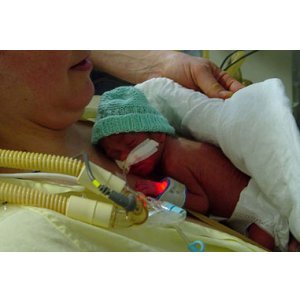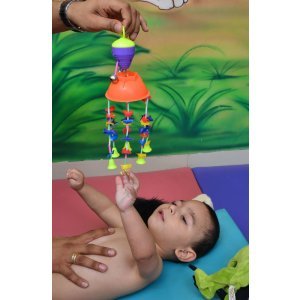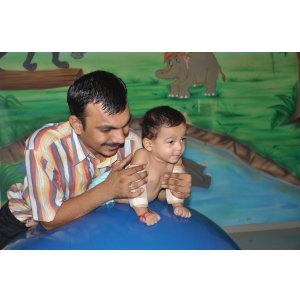Early Intervention

Research has shown that infants who require NICU care are at risk for a number of developmental complications. These children have many times have prolonged periods of hospitalization and with the fight for survival in the early phase of the neonatal life, they get deprived of the time, opportunity to move, manipulate & explore the new environment/surroundings.
EARLY INTERVENTION, consists of stimulations as required from time to time from NEONATAL ICU, regular timely checkups to keep a track on the child’s development so that the gap between the child’s chronological age and corrected age(developmental age) is minimized. Early identification and treatment provides a child with an optimal environment in which secondary disabilities can be prevented. Early therapy helps to fill in any gaps, optimize outcomes and prevent unnecessary difficulty.
It is meant for children who are usually young (0-5 years) and need intensive therapy to make maximum progress. It is usually provided to children belonging to care-group.
How early intervention helps?
- Modify sensory stimulation to promote behavioral organization and physiological stability
- Promote postural alignment and more normal pattern of movement through therapeutic handling and positioning
- Minimize secondary impairment like contractures, deformities & and pressure sores
- Enhance oro-motor skills and assist with feeding
- Reduces stress & reflux
- Enhances flexor patterns which is normal developmental sequentialmilestone in infants
- Increases midline orientation
- Promotes state organization
- Encourage weight shifts
- Supports for cranial rounding
- To strengthen sucking reflex
- To improve co-ordination between sucking / swallowing /and breathing
- Facilitate alertness
- Facilitate vestibular System
- Provide the perception of various positions
- Facilitate head righting
- Activate trunk muscles



















